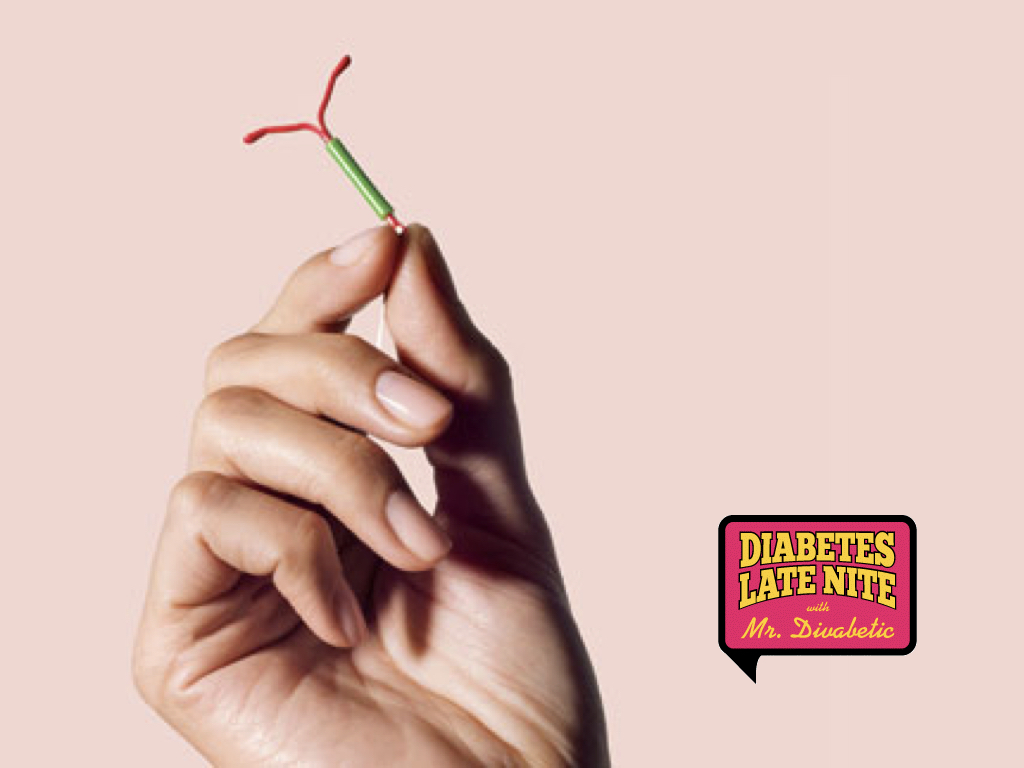
If you weigh more than 176 pounds and find yourself in a situation where your birth control fails, then chances are the morning-after pill might not work for you according to a 2013 study conducted by the CDC.
According to the National Institutes of Health, nearly one-third of adults in the United States are obese. This proportion is certainly higher among people with diabetes; insulin resistance, a hallmark of Type 2 diabetes, and obesity are both elements of the metabolic syndrome. (Other traits are high blood pressure and abnormal blood lipid levels.)

“The average woman in America spends five years trying to get pregnant and 30 years trying not to,” explained Cecile Richards, President of Planned Parenthood in an interview with The New York Times.
Although Plan B manufacturers insist that there are no weight limits, researchers have suggested that women weighing more than 176 pounds should consider taking two of the recommended doses to help ensure effectiveness. With the current cost of Plan B running at close to $50, that would mean women who lie outside the weight range could count on spending more that $100 on emergency contraception.
Additionally, a 2011 study in the journal Contraceptive, recommends that women who have a body mass index (BMI) of more than 25 should not rely on levonorgestrel or a “normal” dose of Plan B, as an effective emergency contraceptive.
Searching for an alternative?
An IUD is a small, plastic device shaped like a T. The ParaGard (Copper T 380A) is the only non-hormonal IUD available in the US. This IUD has copper (which acts as a spermicide) coiled around it. The IUD irritates the lining of the uterus, which makes it harder for implantation. It also serves as an irritant, so white blood cells migrate to the inflamed uterus and can help to destroy sperm. The IUD is inserted into the uterus by a doctor and has 2 filament strings which hang down into the vagina. A woman can feel the strings to make sure the IUD is still in place. ParaGard can be left in place for up to 10 years.
Another effective option for plus size women is the barrier birth control method. Because they have do not have any hormones, barrier methods also have fewer side effects. is a device that physically blocks sperm from entering the opening of the uterus. Though these contraceptives can be very reliable — they can become less effective if you do not use them the correct way. Because of this, you may be more likely to experience birth control failure (maybe due to not being inserted correctly, at the right time, etc).
Making sure that these methods work as effectively as possible is even more important given the fact that plus size women are at greater risk of pregnancy-related complications. You can increase the effectiveness of these birth control methods by using a double barrier method (such as a condom and spermicide or a diaphragm and a condom — but do NOT use male and female condoms or two condoms).

LISTEN NOW: Mr. Divabetic Show on Premenstrual Dysphoric Disorder (PMDD) on this one hour of wellness with a wow podcast. PMDD is a severe, sometimes disabling extension of premenstrual syndrome (PMS) that start about 7 to 10 days before a woman gets her monthly period. The American College of Obstetricians and Gynecologists estimates that at least 85 percent of menstruating women have at least one PMS symptom as part of their monthly cycle. PMS is much more common than PMDD. Biologic, psychological, environmental, and social factors all seem to play a part in PMDD. It is important to note that PMDD is not the fault of the woman suffering from it or the result of a “weak” or unstable personality. It is also not something that is “all in the woman’s head.”
Rather, PMDD is a medical illness that impacts only 3% to 8% of women. Fortunately, it can be treated by a health care professional with behavioral and pharmaceutical options.
Podcast Guests: Dr. Andrea Chisholm OBGYN, Peak 10 Skin founder Connie Elder, We Are Diabetes founder, Asha Brown, and Laura L. who are both living with type 1 diabetes.
















